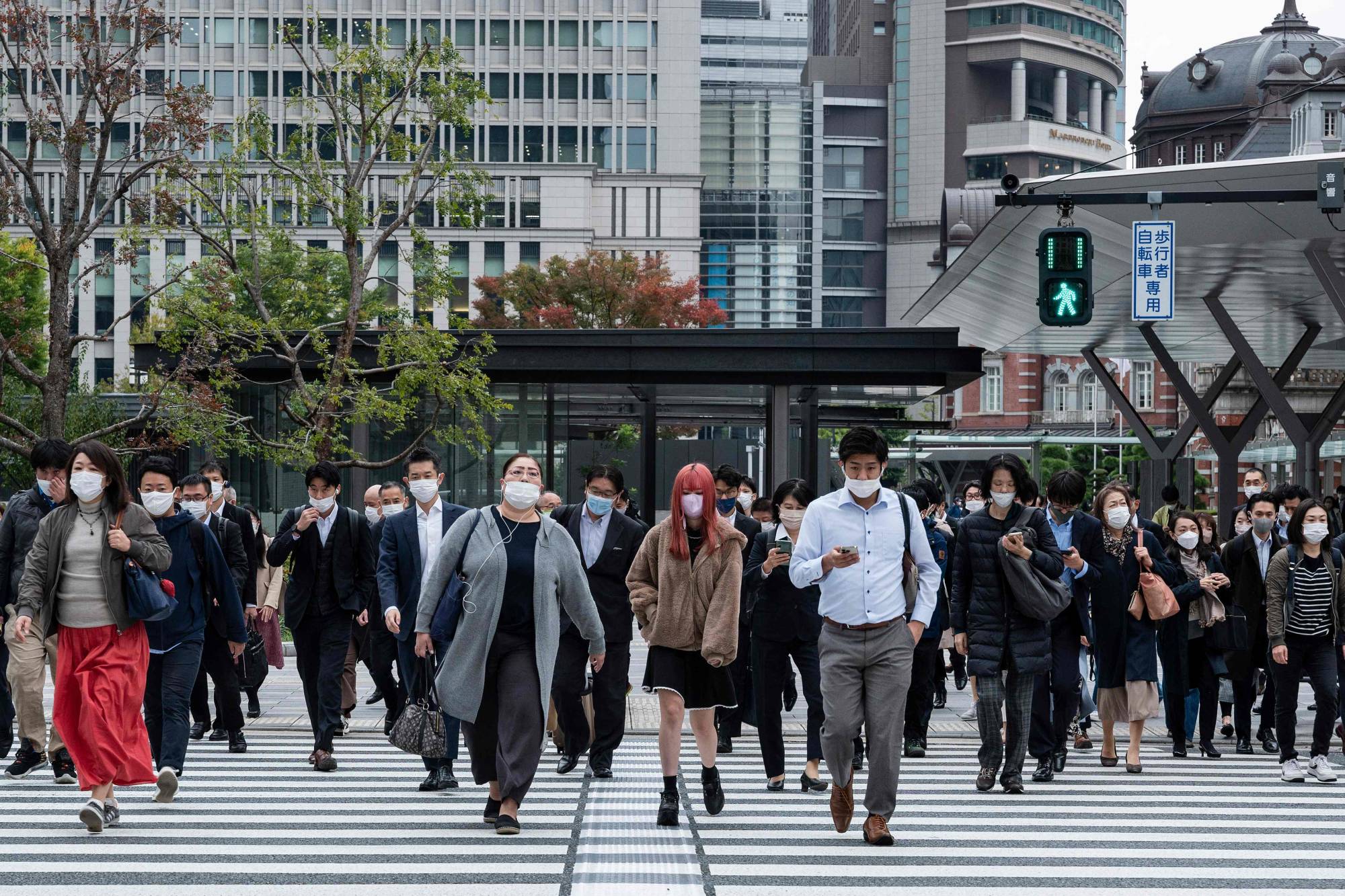Solid wage growth, not a spiraling yen, is likely to be the trigger that drives the Bank of Japan away from its ultralow interest rates as the policymakers cling stubbornly to hopes a tight job market will eventually revive consumer demand.
With Japan's economy still weak, the BOJ is not expected to raise interest rates in the near term, even if that means more downward pressure on the yen, which has plunged to 32-year lows against the dollar and inflated import costs for businesses.
But the focus could shift to the BOJ's controversial bond yield cap toward April next year, say four sources familiar with the central bank's thinking, when companies and labor unions set next year's wages that will reflect the rise in inflation in 2022.


















With your current subscription plan you can comment on stories. However, before writing your first comment, please create a display name in the Profile section of your subscriber account page.